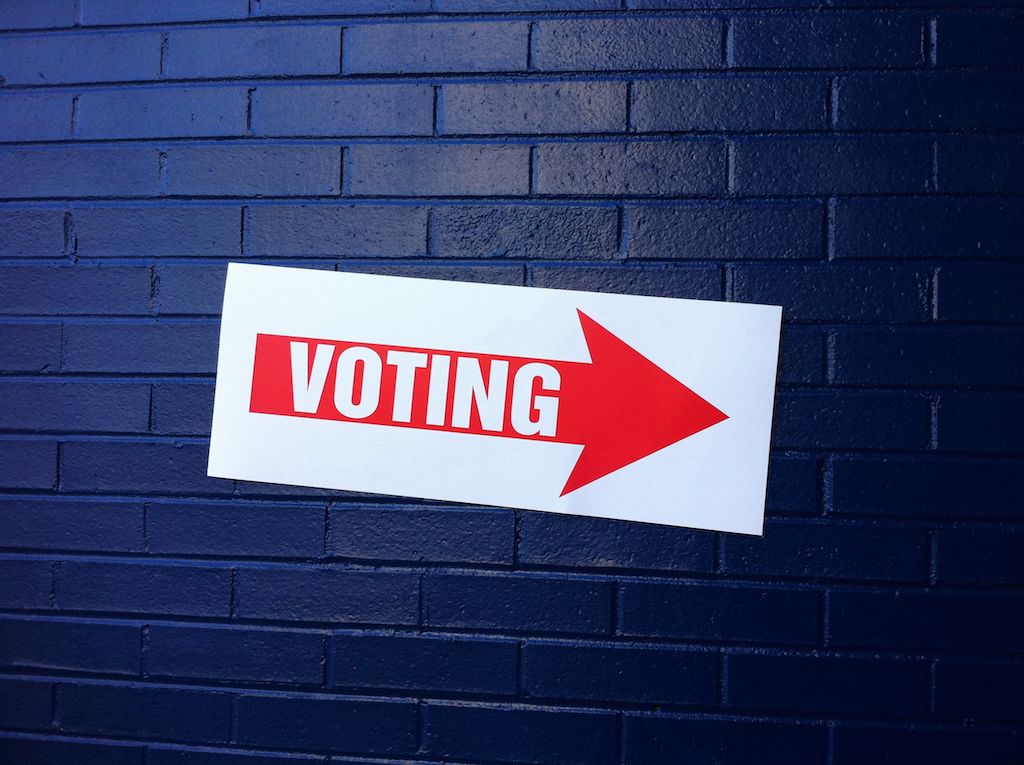
Two stories collided for me this weekend. The first was from Austria, where 31-year old Sebastian Kurz led his People’s Party to an electoral victory, driving that country harder to the right. Kurz was formerly the foreign minister of the country, a job he began at the advanced age of 27 years old. Assuming that negotiations with his coalition partners don’t upset the process, he will become the youngest sitting head of government in Europe.
Interestingly, this somewhat matches the meteoric rise of Emmanuel Macron in France, who assumed the presidency at 39 years old. While two countries is hardly statistical valid evidence, it is striking that Europe seems to be priming a new generation of politicians for leadership.
Meanwhile, in the United States, the other story this weekend that caught my eye was from New York, where Ginia Bellafonte asked in The New York Times why so few young people seem to run for local politics. Quoting from the article:
New York City may be more lamentably dull than it was 20 years ago, but it remains a magnet for exceptional talent — in many parts of Brooklyn it is easier to trip over Rhodes scholars than it is to find a half-gallon of milk with additives. Recent economic studies also suggest that as knowledge fields have become increasingly concentrated in the country’s biggest cities, New York has become even more attractive to the brilliant and prestigiously educated.
That from this vast pool we have not been able to fish out a vibrant, impressive (and young) political class is one of the paradoxes of life in New York right now.
Indeed.
New York may be a special case of course (Stockton, CA, a city of about 300,000, is headed up by 27-year-old Michael Tubbs), but it is an important one. Why is it that one of the most dynamic and youthful cities in the world seems completely unable to attract youth into the political sphere?
Bellafonte argues that part of the answer is cost of living and the desire for wealth accumulation, and that’s fair, but I feel a much greater force remains the absolute idiocies that come with local government. There is a reason that my Harvard Kennedy School classmates aggressively avoid joining city governments. You deal with the most inane issues, with voters who are completely incoherent in matching their policy wishes with policy action.
You want to make the rents cheaper, so you try to build more housing — and then you watch as hundreds show up in protest because people think rents go up when housing gets built. You want to improve transit access, then realize that the labor and capital costs of expansion are so completely exaggerated that no project is ever going to come to fruition. So you are left pushing plastic bag ordinances, which themselves get blocked at various levels (as they should, but then again, I am a grumpy citizen like all the others!)
No level of government seems so bereft of accomplishment as local government. You want to make transformative change to a city, then realize that the forces and existing institutions are just not going to bend to the will of any human. Say what you will about mobile app developers, but at least they can see their intellectual energy get turned into a shipping product. If you are in San Francisco and pushed for a bus rapid transit lane on Van Ness, you will be waiting almost a decade (and arguably more depending on how much historical research you are willing to do). A decade. For a bus lane. Yeah, no one wants to deal with that, most definitely not millennials.
It’s said that all politics is local, but I actually think this is no longer the case. The web of Facebook, social networks, Google, and mass campaigns means that candidates can just skip the rungs and jump straight to the top. Why run for city council when you can run for the Senate? Or even the presidency itself? It sounds far fetched, until you realize that working your way up means decades of debating whether to put red paint on a street to allow buses to move faster by 2MPH.
If we actually want younger politicians to step up, maybe it is time to find ways for government to actually do things. Maybe it is time to borrow from Amazon’s management philosophy and disagree and commit. Suddenly, the chance to improve cities wouldn’t seem so far fetched, would it? Maybe millennials are too accomplishment focused, but we know a bad deal when we see it. Until our institutions change, don’t expect to see any young blood charge the polls anytime soon.
Photo by justgrimes used under Creative Commons.